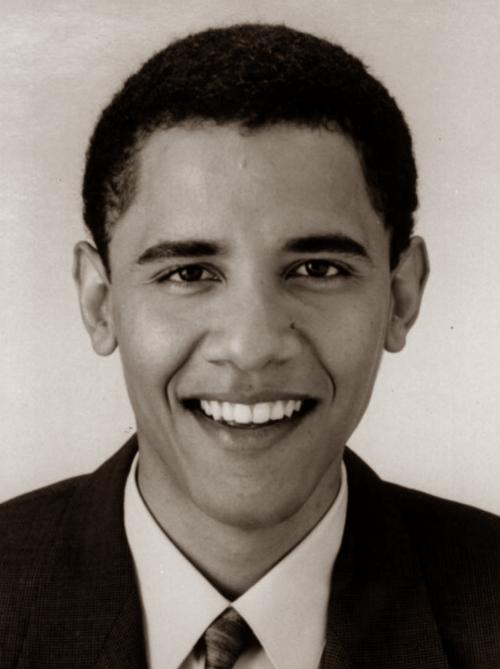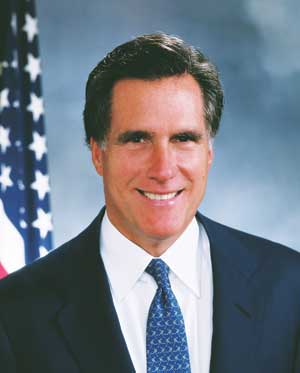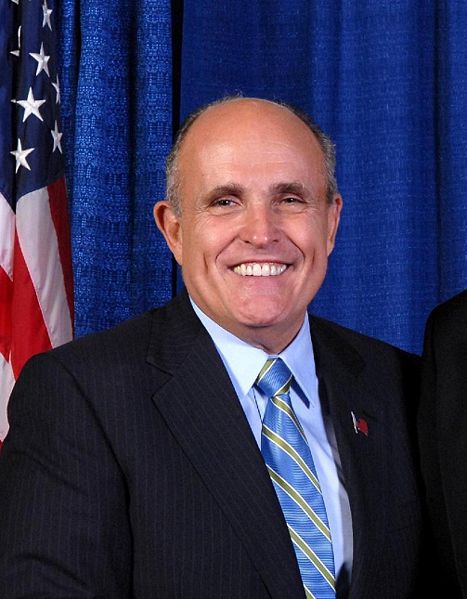2008 Presidential Candidates and Their Stance on Immigration Reform
“What we’re looking at here is 12 to 14 million people — they live in our neighborhoods, they take care of our elderly, they probably made the beds in the hotels that some of us stayed in last night. They are embedded in our society. If we want to listen to the demagogues and the calls for us to begin to round up people and turn every American into a suspicious vigilante, I think we will do graver harm to the fabric of our nation than any kind of person-by-person reporting of someone who might be here illegally.” (6)
--Senator and Democratic presidential candidate Hillary Clinton
As the 2008 presidential campaign is officially underway, it is no surprise that Americans are being inundated with immigration rhetoric. Between campaign advertisements, speeches and debates, it is clear that candidate’s stance on immigration policy are not only important to voters but also very controversial. Listed below are the leading presidential candidates and their stance on undocumented immigration and how it should be reformed.
Senator Hillary Clinton (D-NY):
Senator Clinton has recently come under heat from the Latino/a community due to her stance on immigration reform. During a campaign stop in Des Moines, Iowa, she was booed by Latino/a Americans, who denounced her for not committing to give undocumented workers a “path to citizenship” in her first 100 days as President, if elected. (7) As a United States Senator, she introduced a bipartisan bill that would reunite immigrants with their spouses and children. (8) She has also voted in favor of a bill that would allow undocumented immigrants to receive social security benefits. (9) Her interest group ratings show that she is supported by groups like the American Immigration Lawyers Association (AILA), which aims to “promote justice” while “advocating for fair and reasonable immigration law and policy.” (10) Conversely, she is not supported by groups such as Americans for Better Immigration, which “lobbies Congress for reductions in immigration numbers.” (11) Overall, Senator Clinton has a liberal ideology towards immigration, but at the same time believes it is imperative to secure our borders and make it tougher for undocumented immigrants to gain access into the country.
Senator Barack Obama (D-IL):
Senator Obama is a proponent of legal immigration, and once undocumented immigrants have crossed the border, he is in favor of giving out more permanent and temporary work visas. He also believes in giving undocumented immigrants and undocumented workers benefits such as education grants and health care services. (12) His voting record and interest group ratings back up his claims, as he received an 88 percent rating from the American Immigration Lawyers Association, a liberal interest group with a vested interest in promoting the rights of undocumented immigrants in the United States. (13) As recently as October 2007, Senator Obama voted in favor of giving undocumented immigrants permanent residence in the United States. At the same time, he abstained from voting on whether to build a fence on the U.S.-Mexico border. If elected, it is clear that Senator Obama would promote the rights of undocumented immigrants in the United States. (14)
Senator John Edwards (D-NC):
While in office, presidential candidate and ex-Senator John Edwards did not have much of a documented track record on immigration, and since his candidacy, Edwards has had a mixed stance on the issue. Edwards does support a "path to citizenship" for undocumented immigrants, but at the same time, many political pundits and analysts believe that Edwards has taken a "right turn" in regards to his stance. (15) To support this claim, they cite the fact that he has opposed New York Governor Eliot Spitzer's plan, which would grant driver's licenses to undocumented immigrants. (16) Senator Edwards also has been a proponent of granting undocumented immigrants citizenship only if they pay a fine and learn English. (17) At the same time, he is in favor of having harsher penalties for employers who illegally hire undocumented workers. Although many political experts cite Edwards' more conservative shift as a political tactic to separate him from his more liberal counterparts, it is still important for voters to be cognizant of his latest stance on immigration reform.
Governor Mitt Romney (R-MA):
While Governor Romney has no official voting record or interest group ratings on the immigration issue, his ideological stance shows that he is strongly against undocumented immigration and undocumented immigrants who live in the United States. Some of his specific policy agendas include reducing federal funds for states that issue driver's licenses to undocumented workers or offer education grants to children of undocumented immigrants. (18) He has also criticized his number one opponent in the Republican field, Rudy Giuliani, for being “soft” on this topic. (19) Despite his rhetoric, it should be noted that the number of undocumented immigrants in his home state of Massachusetts increased greatly during his tenure as governor there. In terms of the millions of undocumented immigrants currently living in the United States, Governor Romney believes that the United States needs to “enforce the law as it exists.” (20) That is to say, that he does not believe undocumented immigrants should be able to have an “advantage to become permanent residents” in the United States, while legal immigrants have to wait to come here. (21)
Mayor Rudy Giuliani (R-NY)
Rudy Giuliani, the ex-mayor of New York City, once had a relatively liberal stance on undocumented immigration, but since he has become a presidential candidate in the Republican Party, he has become more outspoken on the issue of undocumented immigrants. He is in favor of a 2,000 mile fence between the United States and Mexico, but would also like to see much more legal immigration from Mexico and Central America. (22) Of the leading Republican candidates, Giuliani has some of the most liberal ideologies in terms of undocumented immigration. He supports a path to citizenship and a guest worker plan for undocumented immigrants and workers and was in favor of the Senate’s comprehensive immigration plan. (23) And as mayor of New York City, Giuliani fought to support undocumented immigrants and their children. (24) However, much like Senator Edwards, Giuliani’s policies have seen an ideological shift since his campaign for President has began. For instance, he does not support giving undocumented immigrants amnesty, and making them legal. Nevertheless, Giuliani maintains a relatively moderate stance on the immigration debate.
Congressman Ron Paul (R-TX)
As a libertarian and Texas Congressman, it is no surprise that Representative Ron Paul feels that the issue of undocumented immigration will be one of the most important – and most decisive - issues of the 2008 presidential election. He has been a strong opponent of giving amnesty to undocumented immigrants, as he believes amnesty will only encourage more undocumented immigration. Moreover, he does not believe that children of undocumented immigrants should automatically be granted citizenship. (25) Representative Paul does not believe that immigration should be expanded in the United States, but instead should be limited. He is in favor of ending welfare subsidies for undocumented immigrants as well. (26) His interest group ratings reflect his stance on the issue: he received the lowest rating possible from the American Immigration Lawyers Association, a liberal interest group that supports amnesty for undocumented immigrants. On the other hand, he received an 81 out of 100 score from Americans for Better Immigration, a group that lobbies for “reductions in immigration numbers.” (27)






